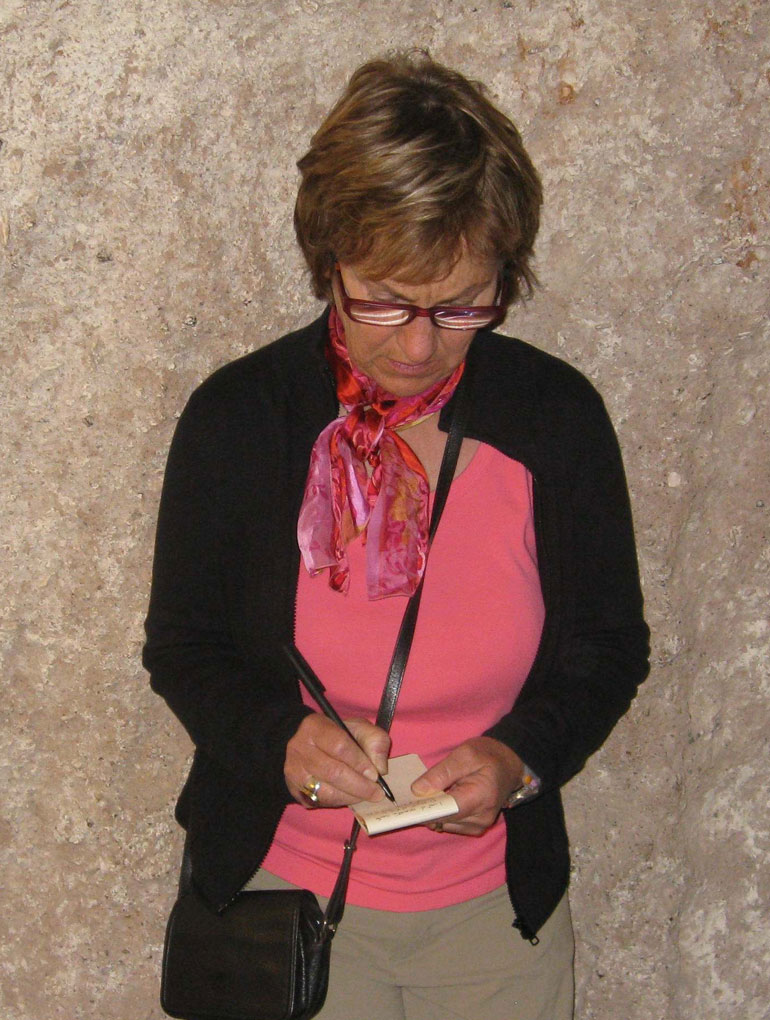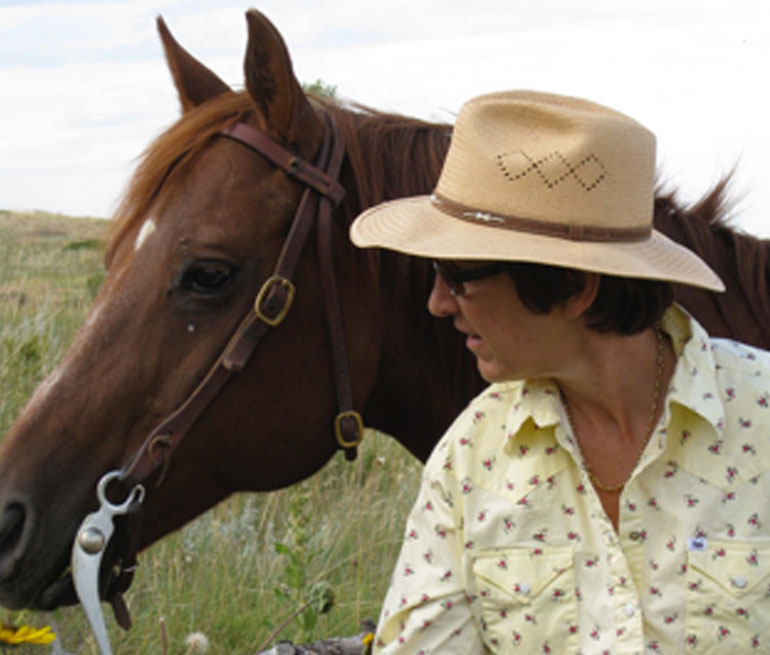



The moment I made a 90-degree-turn from my first career in business to graduate school at age 34, I began to embrace a life’s work with great delight.
In anthropology, I found a discipline driven by the quest to explain how and why societies are different, how cultural practices and beliefs come about, how they change, how they shape everyday life and how they help people adapt to adversity. That discipline also led me to ask how culture is used to justify harm and perpetuate conflict. Through anthropology, I found what I had been searching for since I was a kid.

I have followed widely scattered clues to understanding human adaptation to hardship, upheaval, and rapid change.

Finding culture in unsuspecting places
Over my 27 years as a professor and practicing anthropologist, I have followed widely scattered clues to understanding human adaptation to hardship, upheaval, oppression, and dramatic change. From societies of the Caribbean to the Pacific islands, along the storm-ravaged Gulf Coast, and in my hometown, Joplin, Missouri, I have searched for explanations about how people survive and thrive, how they take care of themselves, how they adapt to forces around them. The clues I’ve found have led me inside people’s cultural worlds, and inside the meaning they attach to those worlds. Because culture is often hidden from view or misunderstood as something else, I have deliberately focused all of my research on domains of study that are not usually understood to be shaped by culture: economic life, colonization, risk and disaster. The work of my career demonstrates the potency of culture in all these domains.
How horses have made me a better anthropologist.
Horses have their own intricate language, and they are expert communicators. For someone tuned in to horse intelligence, there is much to learn. What I have learned from horses about patience, respect, and trust translate into how I work to achieve results with others.